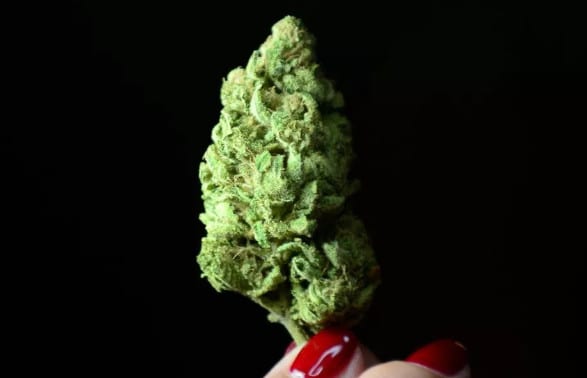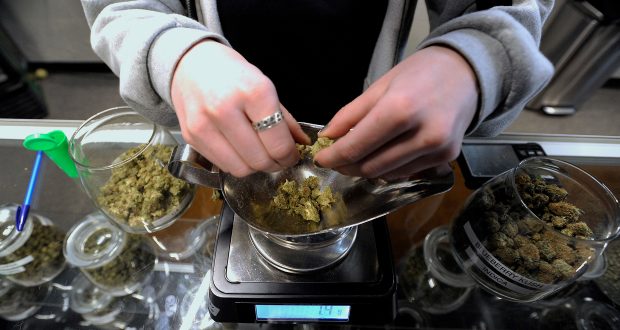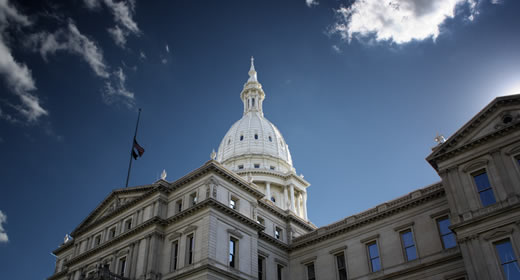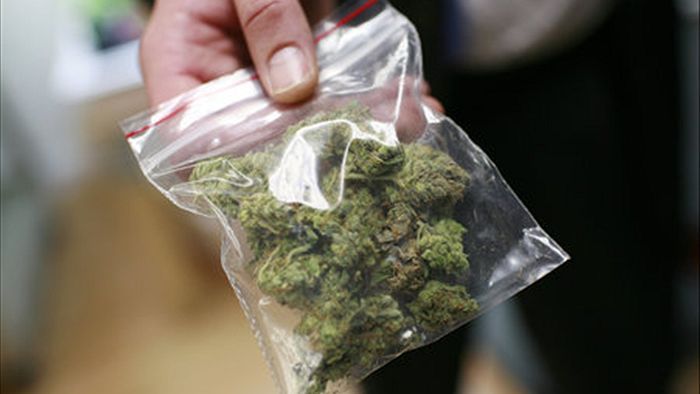New Jersey Veterans suffering from PTSD are now awaiting Gov. Chris Christie to make a decision that will authorize the treatment of the disorder with medical marijuana. If signed, VA doctors may begin recommending the treatment as early as next year.
The New Jersey House of Representatives approved and delivered a bill to the Governers desk that would allow medical marijuana to treat PTSD symptoms where conventional therapies have been ineffective. Gov. Christie has until the end of the current New Jersey congressional session to make the decision. If approved, New Jersey would become the 18 th state to allow marijuana for the treatment of PTSD symptoms.
While Gov. Christie declined to comment on his intention to sign the bill at a news conference in the Statehouse, he has been notably against medical marijuana. In the past, however, the recent public outcry has him re-evaluating
his positions; especially in a presidential election year.
Gov. Christie has previously gone on record stating that he wants to “be sure the state’s medical marijuana industry is based on scientific fact and does not become a loophole that will legalize marijuana for recreational use.”
Miriam Jones, an outspoken advocate for the legalization of marijuana for the use of PTSD reports that the current political climate makes her worry about our veterans. “While Chris Christie is jetting around the country supporting the GOP candidate, veterans are suffering and dying. We must get this bill signed into law as soon as possible,” says Jones, a personal care aid for the elderly.
Medical marijuana is legal in New Jersey to treat a multitude of medical conditions and disorders. Currently included in the law are Multiple sclerosis, terminals cancers, muscular dystrophy, and certain seizure disorders that are unresponsive to conventional methods of treatment. By adding PTSD to the list of approved conditions, many feel that the veterans of the state will begin their path to healing.
An increasing number of states are trying to determine if legalizing medical marijuana for the treatment of PTSD is appropriate. While the bureaucracy is currently fighting with each other, our veterans are suffering from a condition that can be managed by a simple plant. The Department of Veterans Affairs also reports a growing number of veterans who are going against the current laws and procuring marijuana illegally from the black market. Legalizing the medicine will reduce the possibility of our veterans becoming addicted to other, more harmful drugs if their dealer becomes “dry”.
Current federal law requires controlled testing and trials to determine that a drug is useful for the treatment of the disorder before VA doctors can recommend it. The studies are currently underway, including studies funded by the state of Colorado. Here, the state board of health declined to add marijuana to the list of approved medications for PTSD because of the “lack of significant studies.” These new studies are both trying to prove that marijuana is beneficial to these patients, but to provide information for other states to make their determination.













